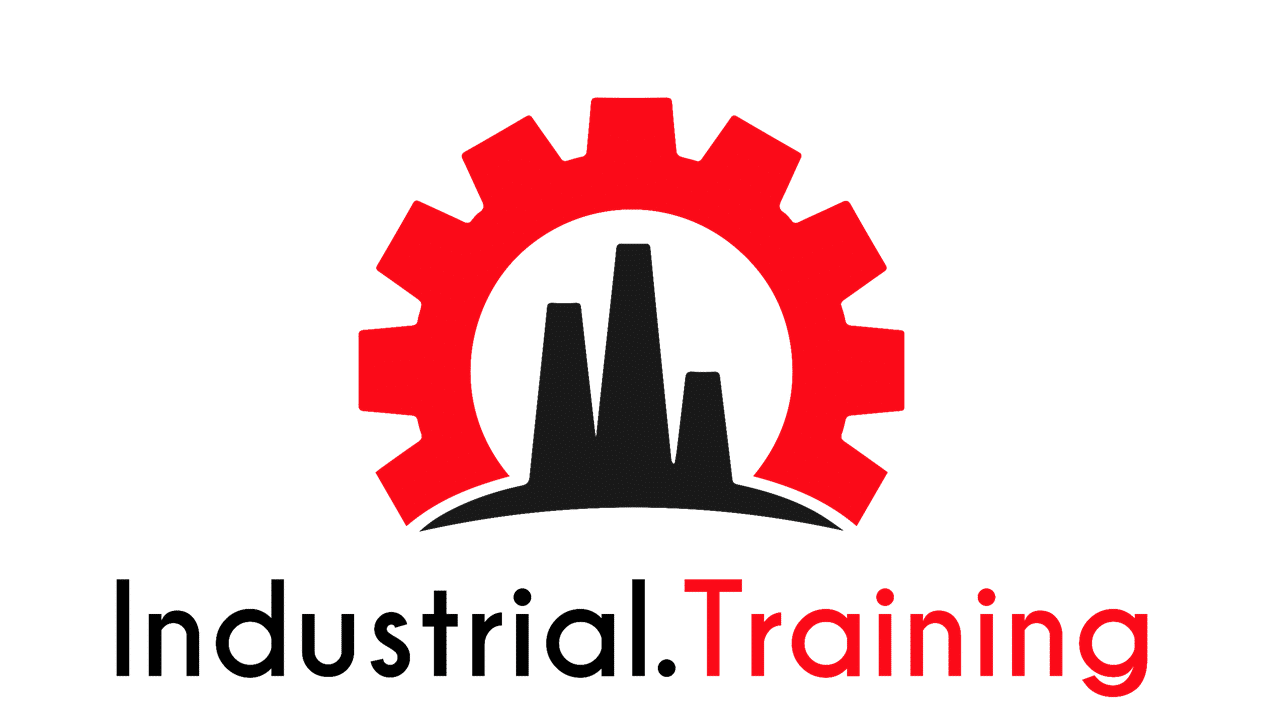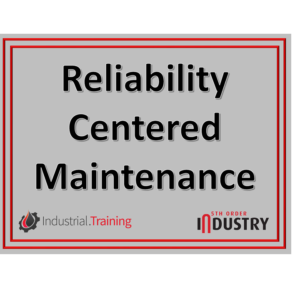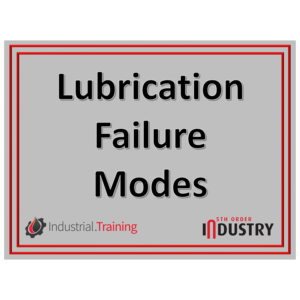Description
Basic structure consists of the following units customized to your company’s requirements:- Preventive Maintenance and Asset Management: A strong preventive maintenance program minimizes equipment breakdowns, extends asset lifespan, and reduces unexpected costs. Facilities managers will become adept at scheduling regular inspections, tracking asset performance, and using maintenance management software to streamline maintenance tasks.
- Health, Safety, and Regulatory Compliance: Facilities managers must ensure that the facility complies with all relevant safety and regulatory standards, including OSHA guidelines, fire codes, and environmental regulations. Facilities managers will master these standards to help mitigate risks, prevent legal issues, and maintain a safe environment for employees and visitors.
- Energy Efficiency and Sustainability Practices: Facilities managers will learn how to implement sustainable practices, like energy management and waste reduction, which can significantly reduce operating costs and support environmental goals. Facilities managers will understand energy-saving technologies, waste management practices, and resource optimization to improve efficiency and sustainability.
- Space Management and Utilization: Efficiently managing space to meet the company’s needs is key to optimizing productivity. Facilities managers will be skilled in space planning, tracking occupancy levels, and reconfiguring spaces as needed to support evolving business requirements, employee well-being, and operational workflows.
- Budgeting and Cost Control: Facilities management often involves balancing a variety of expenses, from maintenance and utilities to capital improvements. Facilities managers will learn effective budget planning, cost tracking, and negotiating with vendors to allow facilities managers to control costs, plan for future needs, and demonstrate fiscal responsibility within the organization.




